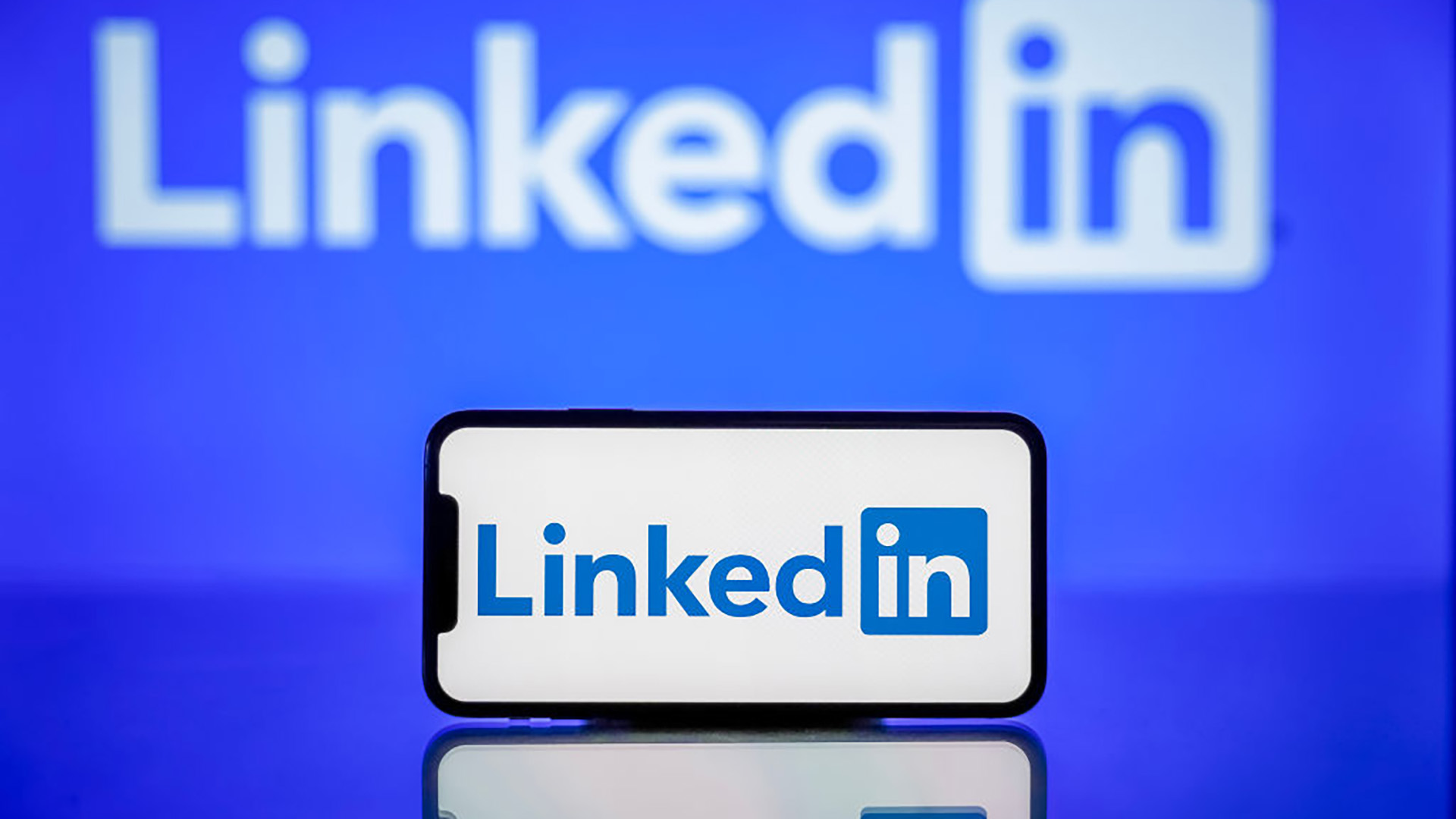Hackers target US taxpayers with NetWire and Remcos malware
Attackers are attempting to lure victims with malware-laced Word documents that purport to contain tax-related content


Security researchers have uncovered a new campaign targeting US taxpayers with malware-laced Microsoft Word documents that purport to contain tax-related content.
The scam ultimately aims to install NetWire and Remcos, two powerful remote access trojans (RATs) that enable attackers to take control of the victims' machines in order to steal sensitive information.
The scam could result in steep financial losses for taxpayers. Last year alone, the IRS identified more than $2.3 billion in tax fraud schemes.
According to a blog post by researchers at Cybereason, the new infection process is designed to evade antivirus tools and tricks targets into installing the malware via a tax-themed Word document containing a malicious macro that downloads an OpenVPN client on the targeted machine.
The malware dropper establishes a connection to the legitimate cloud service “Imgur” and downloads the NetWire or Remcos payloads by way of a technique called steganography, where the malicious code is hidden within an innocuous-looking jpeg image file.
Researchers said that the malware includes a variety of functions including the remote execution of shell commands on the infected machine, browser credential and history theft, the downloading and execution of additional malware payloads, screen captures and keylogging, as well as file and system management capabilities.
Assaf Dahan, senior director and head of threat research at Cybereason, said that social engineering via phishing emails continues to be the preferred infection method among both cyber criminals and nation-state threat actors.
Get the ITPro daily newsletter
Sign up today and you will receive a free copy of our Future Focus 2025 report - the leading guidance on AI, cybersecurity and other IT challenges as per 700+ senior executives
“The potential for damage is serious and the malware allows threat actors to gain full control over a victim’s machine and steal sensitive information from users or their employers. In this research, we demonstrate how the attackers are leveraging the US tax season to infect targets at will,” he said
“The use of various techniques such as steganography, storing payloads on legitimate cloud-based services, and exploiting DLL sideloading against a legitimate software makes these campaigns very difficult to detect. The sensitive information collected from the victims can be sold in the underground communities and used to carry out all manner of identity theft and financial fraud,” said Dahan.
Paul Bischoff, privacy advocate at Comparitech, told IT Pro that this attack is particularly clever because it gets its payload from an image stored on a popular and trusted site, Imgur, instead of trying to download from the hacker's server.
“The attack is easy to prevent with good digital hygiene. Never click on links or attachments in unsolicited emails. Always verify the sender before clicking a link or attachment. Be especially skeptical of MS Office documents and be sure that macros are disabled by default on your MS Office apps,” he said.
Rene Millman is a freelance writer and broadcaster who covers cybersecurity, AI, IoT, and the cloud. He also works as a contributing analyst at GigaOm and has previously worked as an analyst for Gartner covering the infrastructure market. He has made numerous television appearances to give his views and expertise on technology trends and companies that affect and shape our lives. You can follow Rene Millman on Twitter.
-
 CISA issues warning in wake of Oracle cloud credentials leak
CISA issues warning in wake of Oracle cloud credentials leakNews The security agency has published guidance for enterprises at risk
By Ross Kelly
-
 Reports: White House mulling DeepSeek ban amid investigation
Reports: White House mulling DeepSeek ban amid investigationNews Nvidia is caught up in US-China AI battle, but Huang still visits DeepSeek in Beijing
By Nicole Kobie
-
 Have I Been Pwned owner Troy Hunt’s mailing list compromised in phishing attack
Have I Been Pwned owner Troy Hunt’s mailing list compromised in phishing attackTroy Hunt, the security blogger behind data-breach site Have I Been Pwned, has fallen victim to a phishing attack targeting his email subscriber list.
By Jane McCallion
-
 LinkedIn has become a prime hunting ground for cyber criminals – here’s what you need to know
LinkedIn has become a prime hunting ground for cyber criminals – here’s what you need to knowNews Cyber criminals are flocking to LinkedIn to conduct social engineering campaigns, research shows.
By Solomon Klappholz
-
 Phishing campaign targets developers with fake CrowdStrike job offers
Phishing campaign targets developers with fake CrowdStrike job offersNews Victims are drawn in with the promise of an interview for a junior developer role at CrowdStrike
By Solomon Klappholz
-
 Iranian hackers targeted nuclear expert, ported Windows infection chain to Mac in a week
Iranian hackers targeted nuclear expert, ported Windows infection chain to Mac in a weekNews Fresh research demonstrates the sophistication and capability of state-sponsored threat actors to compromise diverse targets
By Richard Speed
-
 Malware being pushed to businesses by search engines remains a pervasive threat
Malware being pushed to businesses by search engines remains a pervasive threatNews High-profile malvertising campaigns in recent months have surged
By Ross Kelly
-
 CISA: Phishing campaign targeting US federal agencies went undetected for months
CISA: Phishing campaign targeting US federal agencies went undetected for monthsNews Threat actors used legitimate remote access software to maliciously target federal employees
By Rory Bathgate
-
 Google Ads malvertising campaign prompts questions around Search security
Google Ads malvertising campaign prompts questions around Search securityNews A leading security researcher has called into question why Google still allows malware links to top search results
By Rory Bathgate
-
 Uber hacked via basic smishing attack
Uber hacked via basic smishing attackNews The self-taught hacker impersonated an IT worker to gain an Uber employee's password, obtaining broad access to internal systems and posting taunting messages
By Rory Bathgate